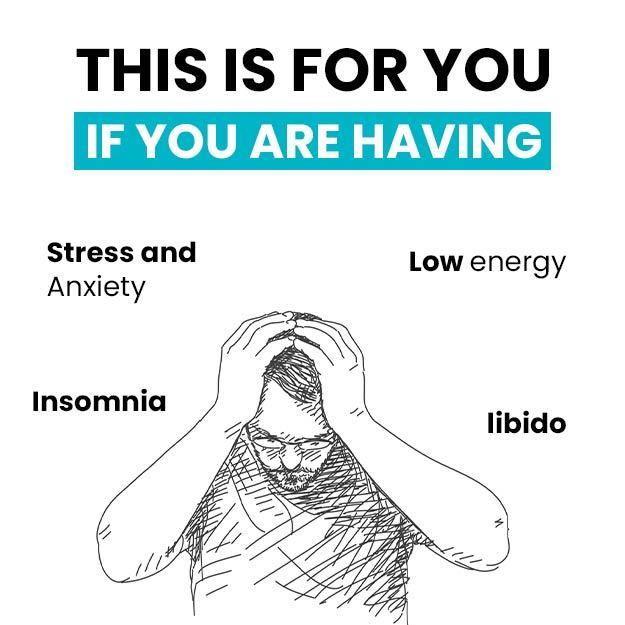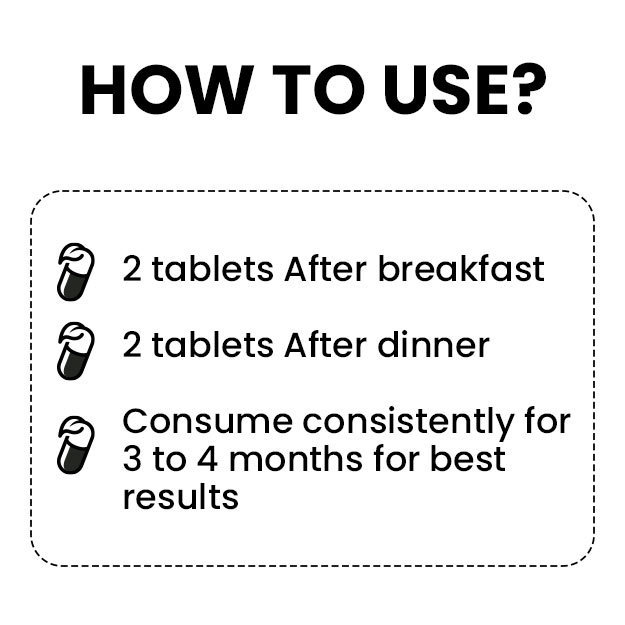Every person must have sleep. To stay healthy, health experts also recommend getting enough sleep. Therefore, every person tries to get 7 to 8 hours of sleep daily, but it is also necessary to have a good quality of sleep. When a person gets full and sound sleep, he can always feel healthy and refreshed. Let us tell you that sleep is divided into two categories – REM and Non REM. Sleep starts at night with non-REM. After this REM sleep begins. REM and non-REM also have their phases. The last stage of non-REM sleep is deep sleep.
Just click on this link to know the treatment of sleep disorders.
Today in this article, you will know in detail about the stages and effects of deep sleep, etc. -
(Read More - Sleep Apnea treatment)
























